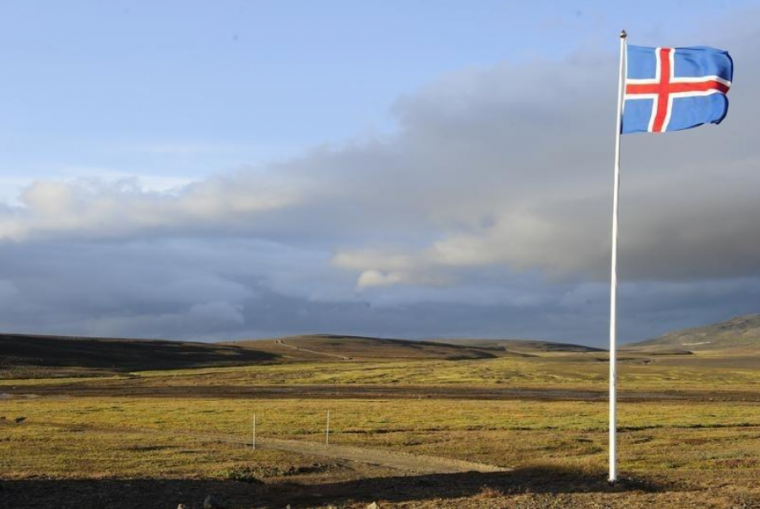Iceland's circumcision bill threatens 'regular persecution' of Jews and Muslims, Catholic Church says
The Catholic Church in Iceland has criticised developing legislation that would prohibit the religiously-motivated circumcision of children in the country, saying it would mean the 'regular persecution' of Icelandic Jews and Muslims.
The proposed bill could see Jewish and Muslim parents jailed for up to six years for nonmedical male infant circumcision, a rite central to both religious traditions.
'If this bill goes through, it would mean regular persecution of Jewish people,' Fr Jakob Rolland, chancellor of the Diocese of Reykjavik, told Catholic News Service.
He added: 'That brings us back to 1933, when Hitler took power in Germany. And we know how it ended.'

Dr Olafur Thor Gunnarsson, a physician and member of the Icelandic parliament sponsoring the bill, said the legislation was about 'human rights'.
'No person should be subject to unnecessary operations without their consent,' he said at a conference in Reykjavik on April 17.
Several religious leaders from various European countries went to the conference to speak out against the proposed bill, which has already had one of three sessions in Iceland's parliament ahead of its final vote.
Fr Rolland said he was troubled by the popular support the legislation had received, though he was unconvinced that its passage could be halted, given that Catholics represent just about four per cent of the country's population. 'This bill means more or less that Jewish people are banned from this country if they want to practise their religion,' he said.
Rabbi Moche Lewin, vice president of the European Conference of Rabbis, said the ritual was essential to Jewish identity, and would 'be felt as a message that the Jew has no future in Europe'.
Mgr Duarte da Cunha, general secretary of the Council of European Bishops' Conferences, issued a statement condemning the legislation as both antisemitic and anti-Muslim, calling it an 'infringement of the fundamental human right of freedom of religion or belief'.
The statement added: 'It is unacceptable that something that belongs to a religious tradition should be prohibited just for ideological reasons.'











